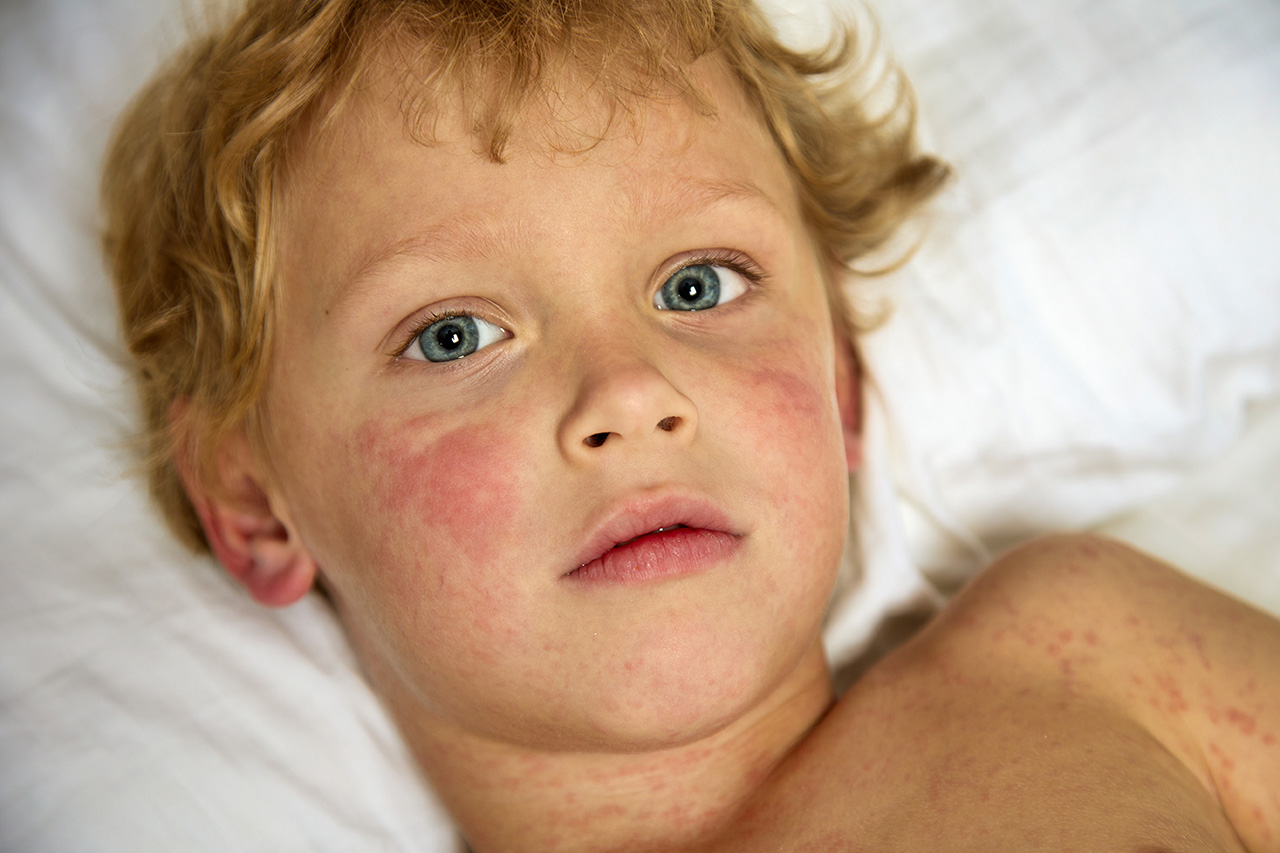
Putting Our Hearts Into Caring For You
February 27, 2024
BUZZ! When Insects Are Deadly
April 16, 2024by Susannah Wollman
Spring is upon us, a time when many families increase their egg use. With Easter falling on March 31st this year, the eggs will be flying off supermarket shelves. Whether you’re dying Easter eggs, making breakfast, baking a cake, or whipping up a quick dinner, eggs play a significant role. But what happens when your eggs are not as fresh as they should be or you encounter an egg-related emergency?

Why Egg Health Matters
Eggs are a great source of protein and essential nutrients, but they can also harbor bacteria that can cause you to be sick. According to the Centers for Disease Control and Prevention (CDC), eggs are one of the leading causes of foodborne illness in the United States. When become contaminated with bacteria such as Salmonella, they can cause symptoms like diarrhea, fever, and abdominal cramps.
So it’s important to handle and store eggs properly to prevent the growth of harmful bacteria. But even with proper handling, sometimes you’ll undoubtedly encounter an egg health emergency. Here’s how to handle some common egg-related issues.
Cracked Eggs
Cracked eggs are not uncommon. However, if the shell is broken, it’s best to discard because bacteria can enter through the cracks and contaminate the egg.
If you have a cracked egg that you want to use, cook it immediately and avoid contact with other foods to prevent cross-contamination. It’s also a good idea to wash your hands and any surfaces that came into contact with the cracked egg.
Expired Eggs
Eggs have a shelf life of about 3-5 weeks when stored in the refrigerator. However, since bacteria in an egg can multiply over time, check the expiration date.
Unsure if your eggs are still safe to eat? Try this: fill a bowl with cold water and gently place the egg in the water. If the egg sinks to the bottom, it’s still fresh. If it floats, toss it.
Egg Allergies
Egg allergies are one of the most common food allergies, especially in children. If you or someone in your household has an egg allergy, take extra precautions when handling eggs to prevent cross-contamination.
Wash your hands and any surfaces that came into contact with raw eggs before touching other foods. It’s also a good idea to use separate utensils and cookware when preparing meals with eggs to avoid any potential allergic reactions.
Egg Safety Tips
To prevent egg-related emergencies, it’s important to follow these safety tips when handling and storing eggs:
- Always wash your hands before and after handling eggs.
- Store eggs in the refrigerator at a temperature of 40°F or below.
- Keep eggs away from other foods, especially raw meat, poultry, and seafood.
- Cook eggs thoroughly until the yolk and white are firm.
- Don’t eat raw or undercooked eggs, as they can contain harmful bacteria (even in cookie dough!).
- Don’t leave eggs out at room temperature for more than two hours.
- Discard any broken eggs.
Check the expiration date on the carton.

What to Do in an Egg Health Emergency
Despite taking all the necessary precautions, there may be times when you find yourself in an egg health emergency. Here’s what to do in some common scenarios.
Egg Recall
If there is a recall on eggs due to a potential health risk, check the brand and lot number of your eggs to see if they are affected. If they are, discard them immediately and follow the instructions provided by the manufacturer.
Food Poisoning
If you or someone in your household experiences symptoms of food poisoning after eating eggs, seek medical attention immediately. Symptoms may include diarrhea, fever, and abdominal cramps.
Also, report the illness to your local health department so they can investigate the source of the contamination and prevent further cases.
Egg Allergic Reaction
If you or someone in your household has an allergic reaction to eggs, seek medical attention immediately. Symptoms may include hives, difficulty breathing, and swelling of the face, lips, or tongue.
If you have an epinephrine auto-injector (EpiPen), use it immediately and call 911. Avoid any further contact with eggs and seek medical advice on what to do next.

Preventing Egg Health Emergencies
While it’s impossible to prevent all egg-related emergencies, there are steps you can take to reduce your risk. Here are some additional precautions you can take:\
- Purchase eggs from a reputable source.
- Check the expiration date on the carton before purchasing.
- Inspect eggs for cracks or damage before purchasing.
- Keep eggs refrigerated at all times.
- Don’t wash eggs before storing them, as this can remove the protective coating that helps prevent bacteria from entering the egg.
- Don’t use eggs that have been left out at room temperature for more than two hours.
- Don’t use eggs that have been stored in the refrigerator for more than five weeks.
Don’t use eggs that have an unusual odor or appearance.

In Conclusion
Eggs are a nutritious and versatile food, but it’s important to handle and store them properly to prevent food poisoning. By following these tips and taking necessary precautions, you can be sure that your eggs are safe to eat and reduce your risk of encountering an egg health emergency. Remember, when in doubt, it’s always best to err on the side of caution and don’t eat any questionable eggs.





